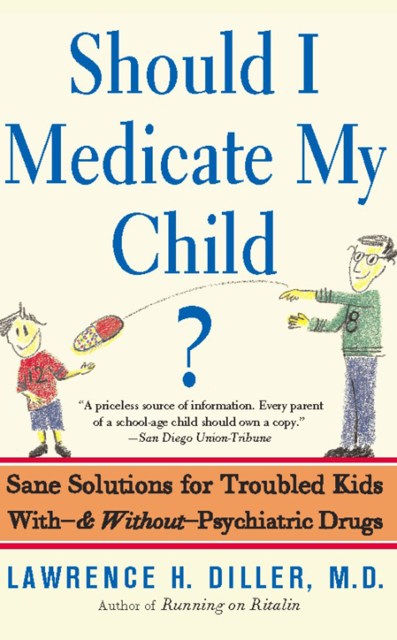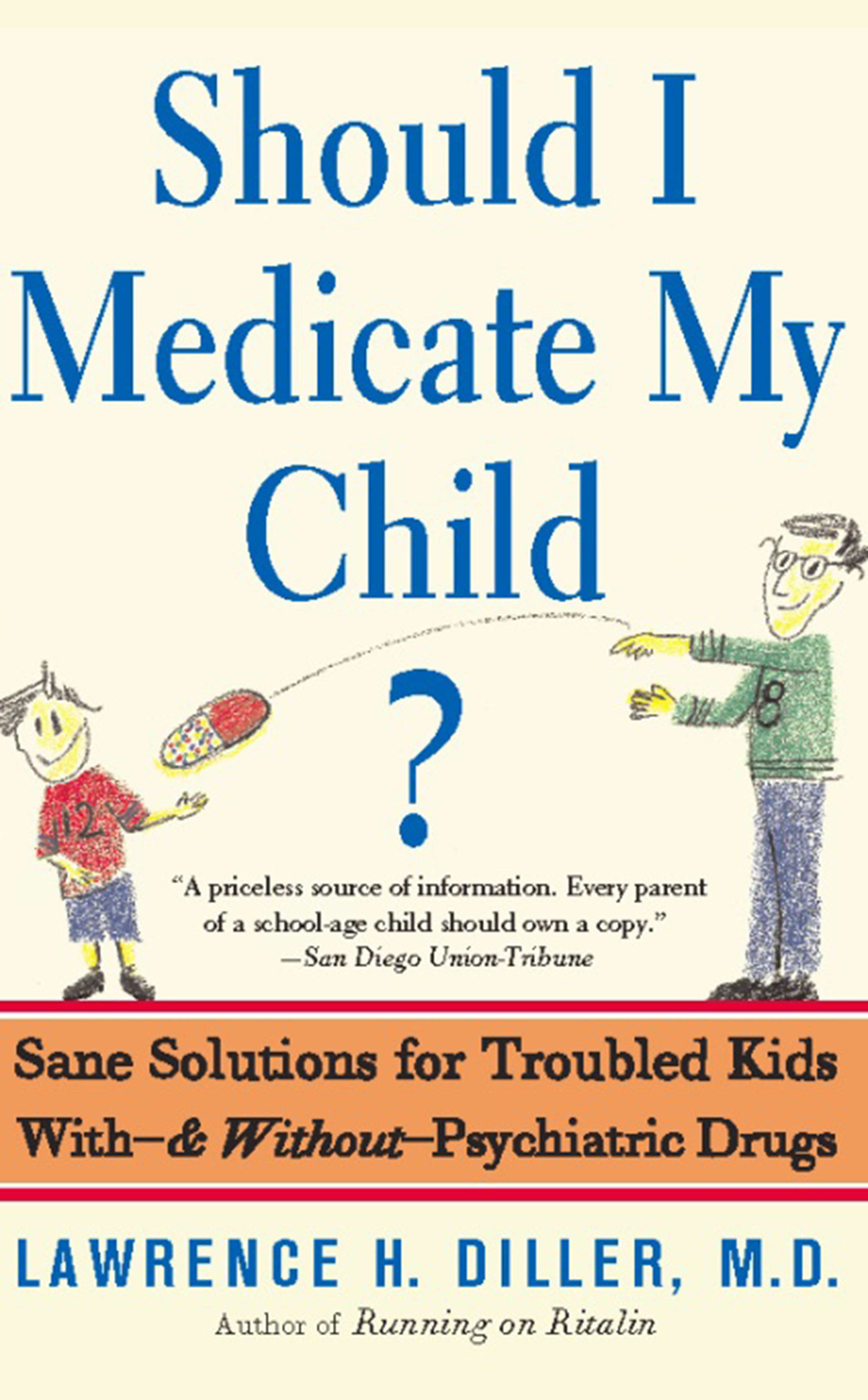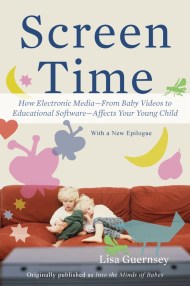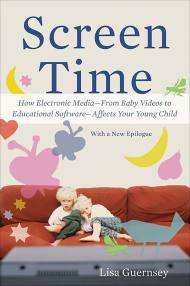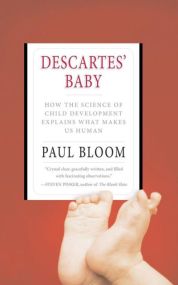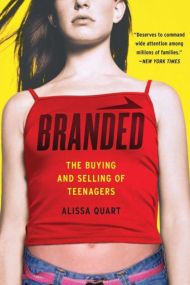By clicking “Accept,” you agree to the use of cookies and similar technologies on your device as set forth in our Cookie Policy and our Privacy Policy. Please note that certain cookies are essential for this website to function properly and do not require user consent to be deployed.
Should I Medicate My Child?
Sane Solutions For Troubled Kids With-and Without-psychiatric Drugs
Contributors
Formats and Prices
- On Sale
- Apr 17, 2003
- Page Count
- 256 pages
- Publisher
- Basic Books
- ISBN-13
- 9780786752669
Price
$11.99Price
$15.99 CADFormat
Format:
- ebook $11.99 $15.99 CAD
- Trade Paperback $19.99 $25.99 CAD
This item is a preorder. Your payment method will be charged immediately, and the product is expected to ship on or around April 17, 2003. This date is subject to change due to shipping delays beyond our control.
Buy from Other Retailers:
* Is it fair to discipline my hyperactive child if he can’t help himself when he misbehaves? Choosing the right kind of discipline is essential. Often the time-honored “time-out” is not the best choice.
* The psychiatrist says the medication he’s prescribing is “safe.” How can I know if that’s true? Dr. Diller’s detailed Appendix includes little-known information on how (or if) a drug has actually been tested on children.
* Does it make good sense to use medication right away? Dr. Diller explains why this can sometimes be the best course of action.
* My pediatrician says there are drugs that will help my shy six year old be more outgoing. Is this true? Prescribing drugs for withdrawn children is a risky business. Dr. Diller explains why and offers alternatives to help ease their distress.
Genre:
Newsletter Signup
By clicking ‘Sign Up,’ I acknowledge that I have read and agree to Hachette Book Group’s Privacy Policy and Terms of Use
